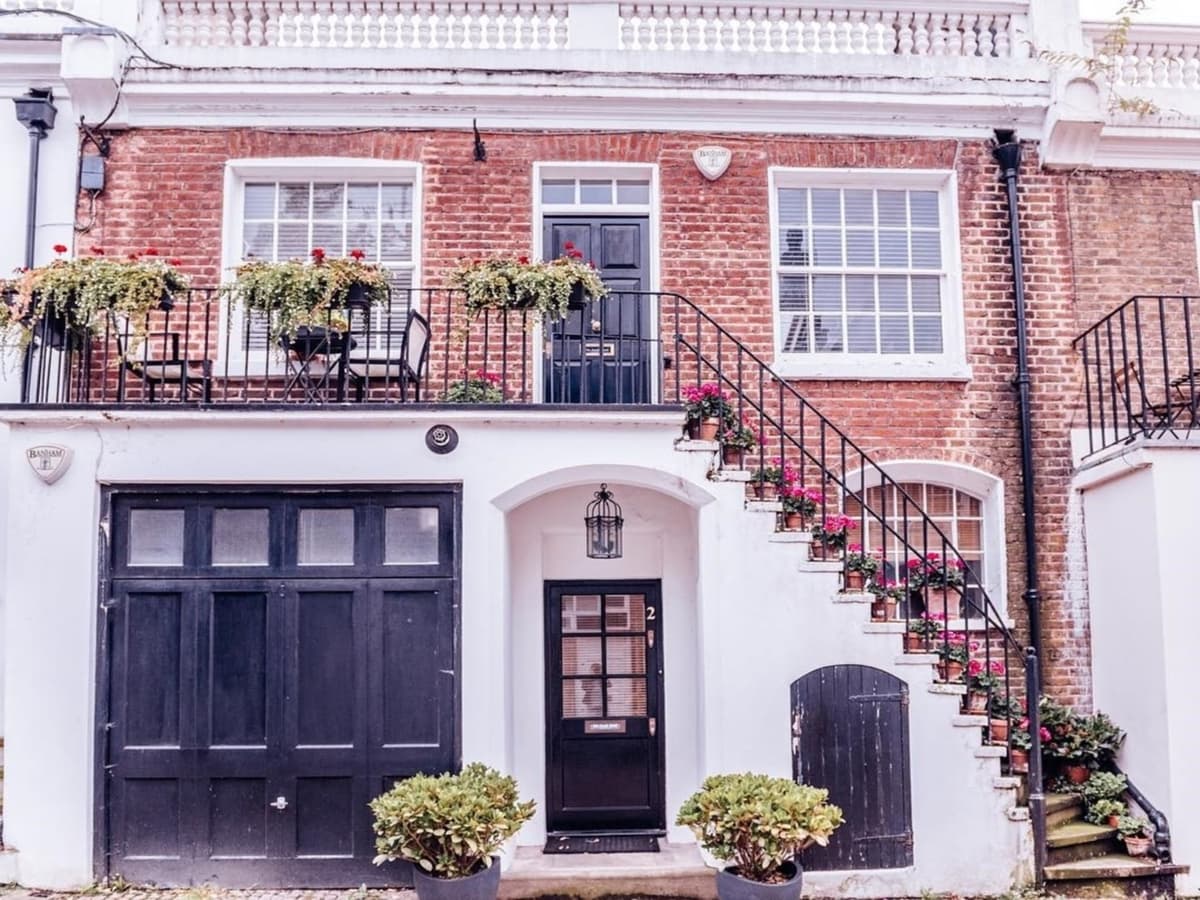Upsizing to a Bigger Home: A Complete Guide for a Smooth Transition
Outgrowing your current home is a natural process, but how do you make sure you get the best deal on a bigger property, and how do you choose the right one for you?

Outgrowing your current home is a natural process, but how do you make sure you get the best deal on a bigger property, and how do you choose the right one for you?

Compare moving quotes in 4 simple steps